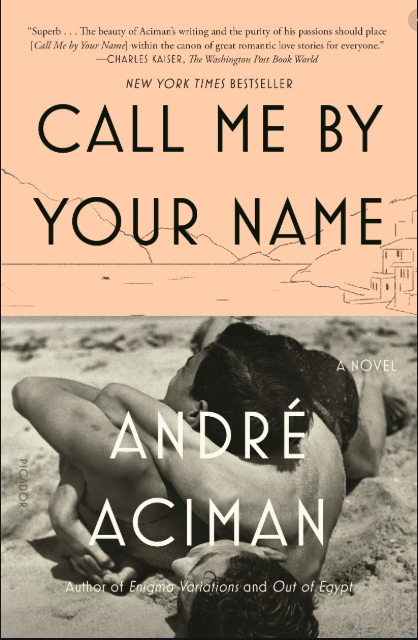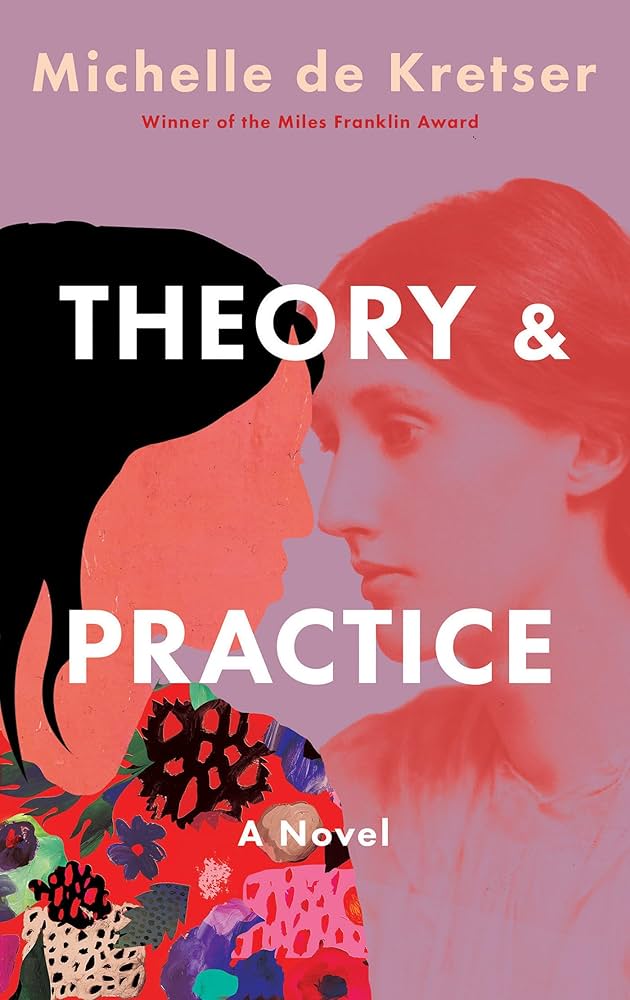Curated by: SARAH WHELAN
Break a sweat with July Friday Reads as our summer staff tackles heated questions of faith, sexuality, and partisanship.
Recommendations: Home by Marilynne Robinson, Call Me By Your Name by André Aciman, The Bostonians by Henry James
 Home by Marilynne Robinson; recommended by Sofia Belimova (Editorial Assistant)
Home by Marilynne Robinson; recommended by Sofia Belimova (Editorial Assistant)
Prior to reading Home by Marilynne Robinson, I had encountered Paul Tillich’s sermon, “You Are Accepted.” In this sermon, Tillich departs from a notion of sin as a moral transgression against a scriptural code of behavior and thought. He instead envisions sin as estrangement: from ourselves, from others, and from the divine. Grace, the moment of union, cures this disparity. As someone who has always been thoroughly averse to dogmatic religious operations, I was drawn to this re characterization of traditional theology into a forgiving, interpersonal form. When I had picked up Home, I noticed that religion plays a big role in the narrative, and decided to read the book with Tillich in mind.
In Home, Robinson dissects and reimagines the narrative of the prodigal son, and the idea of sin in general. Although Jack, the protagonist’s improvident and lost brother, appears most fit for the role of the runaway sinner, Robinson demonstrates that the world of Home is a world of scattered, disjointed identities. She artfully locates us in the numbness that dominates the emotional world of the protagonist, Glory, who vicariously describes herself through the omniscient narrator as a “lonely schoolgirl at thirty-eight.” Often, we hear about Glory’s feeling-states from Jack, who tells her she’s crying. Jack’s father is disconnected from people and circumstances. Although he is a deeply religious man, he repeatedly proves himself apathetic to the civil inequalities plaguing nineteen-fifties America. If we read the story according to conventional Christian mores, Jack, then, is disconnected from God—after all, we are exposed to the extensive narrative of Jack’s wrongdoing and ill repute. However, Robinson subverts traditional doctrine and shows that Jack is very much in touch (in grace, to apply Tillich’s reasoning) with his spiritual sphere, willing to engage with, to question, and to reflect on the meaning of predestiny. Home pries beyond the realm of conventional morality, and offers an interesting application of Tillich’s theory of sin.
 Call Me By Your Name by André Aciman; recommended by Elly Hong (Editorial Assistant)
Call Me By Your Name by André Aciman; recommended by Elly Hong (Editorial Assistant)
The most exciting thing I’ve read this summer is André Aciman’s Call Me By Your Name, the basis of the 2017 Oscar winning film. Call Me By Your Name tells the story of a romance between 17-year-old Elio Perlman and a graduate student working for his father. The two feign indifference to each other at first, but soon Elio’s feelings for Oliver grow to obsession in an achingly real depiction of first love. Unlike the film, the novel also explores the romance’s continued impact on both Oliver and Elio years after they part. Aciman’s language is beautiful, and Elio’s narration is raw and sincere. It’s a story that haunts you.
The story takes place in summer 1987 in rural Italy, which makes it a perfect read for this time of the year. Don’t miss this captivating story about coming of age and falling in love.
 The Bostonians by Henry James; recommended by Sarah Whelan (Assistant Editor)
The Bostonians by Henry James; recommended by Sarah Whelan (Assistant Editor)
As a recent college graduate and English major, I’ve spent the last few years luxuriating in the freedom of choosing my reading material without the constraints of a syllabus. My taste has always skewed heavily in favor of the nineteenth century, so I’ve been purposefully cross-training via the works of Ocean Vuong and Richard Russo in an attempt to explore a more contemporary literary landscape.
Despite this new agenda, I recently dipped back into my undergraduate shelf and pulled from it Henry James’s satirical novel The Bostonians, a work that actually illuminates the bitterness of our current political divide with its depiction of the antebellum United States. Here, James depicts a political strife between two competing personalities: Olive Chancellor, a rigidly feminist Charles Street maiden, and Basil Ranson, her conservative adversary from Mississippi. As a reader in 2019 who is unquestionably on the side of Miss Chancellor, I’m fascinated not by their respective arguments, but by the ways in which they choose and refuse to engage with one another intellectually. Olive, though peaceably named, never extends the branch in Basil’s direction, going so far as to reject the society of men completely in hopes of righting the wrongs of history. Basil, for his part, insults Olive and her protégé with his mock chivalry, belittling their fervor with glancing, cheerful insults. Ultimately, the work is an infuriating and illuminating study in human pride and identity, and could not feel more topical than in the time of such polarizing political divide.




